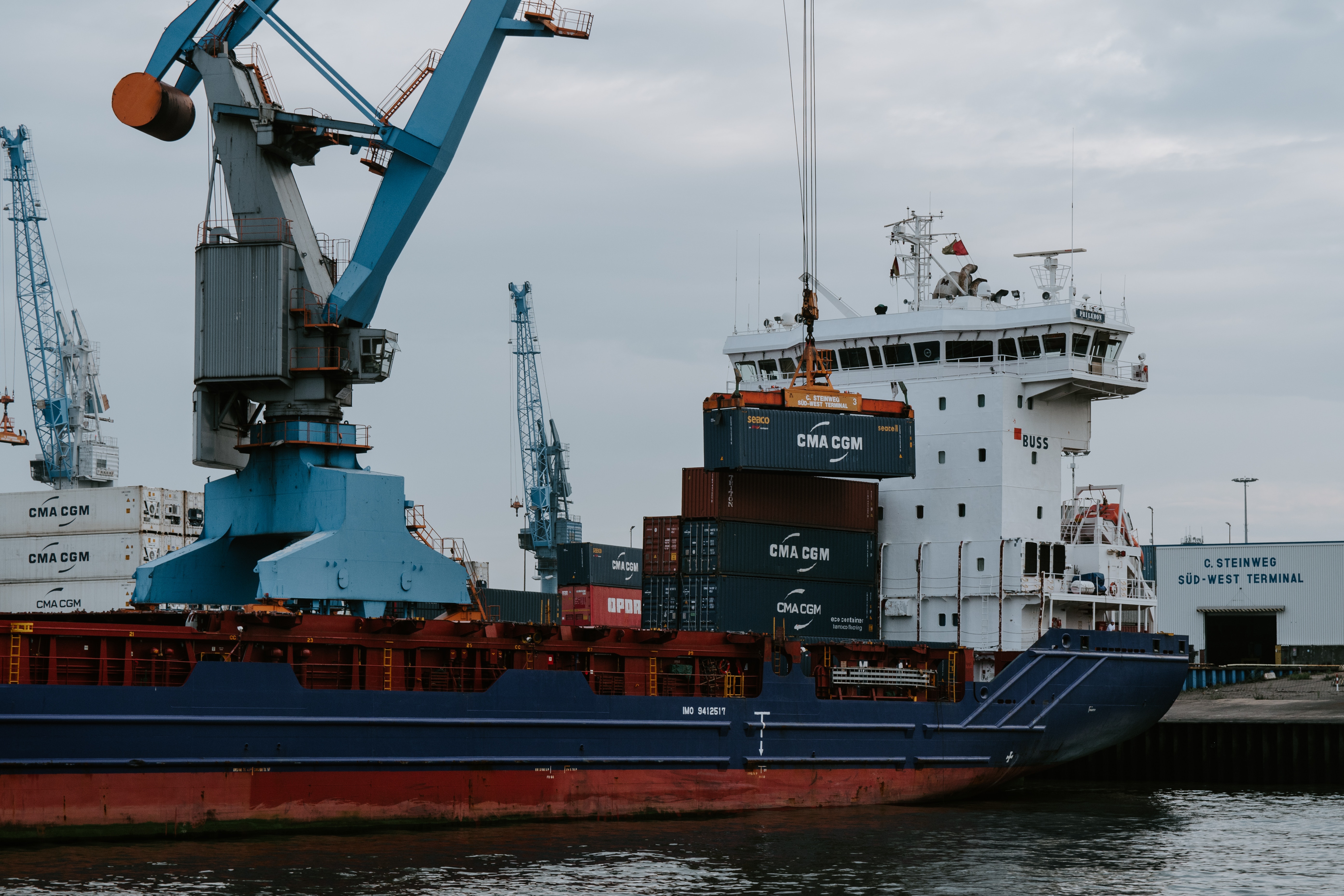The life of a mariner has long been seen as an exotic one of travel, romance, and risk spent far from the safety of shore. Tales of pirates, mutinies, lashings, and hurried trials—many of which are true—illustrate the strange, lonely aspect of nautical life. Although the practice of moving commodities by water has grown more civilized in recent years, the law continues to give maritime operations specific protection, recognizing the inherent tensions and problems that high-seas navigation and trade entails.
Maritime law is an amalgamation of international treaties and state legislation. Many domestic laws codify international accords and give them domestic enforcement authority. Maritime law in the United States is largely governed by federal law.
Personal injury claims that arise on the high seas may sometimes end up in a state court. Laws that particularly target marine concerns and activities, on the other hand, are federal laws. Even when a matter is heard in a state court, federal law is usually used. A lot of current, codified marine law is based on British common law concepts.
Admiralty and marine attorneys are expert litigators. They must grasp federal and state laws and use good judgment to assist clients in selecting the most appropriate and favorable venue. They must understand which laws apply among the many international treaties, federal statutes, and state laws that may apply to the case. Admiralty attorneys must be able to effectively argue for their clients while adhering to the norms of procedure and the body of law applicable to the case.
Maritime law is a highly specialized and expert field of law. There aren’t many maritime law specialists since there’s a lot to learn in order to practice successfully. Lawyers who specialize in the area are drawn to the coastlines. A lawyer may represent a variety of clients, or they may represent one client who has frequent maritime law requirements. A lawyer may provide advice or manage conflicts and formal litigation.
Many marine attorneys hold an L.L.M. in the field. The L.L.M. trains attorneys for the specialized body of law and practical issues that come with it. The specific program of study is available at universities all around the globe. Many legal schools also provide J.D. candidates with a marine law curriculum.
Personal injury and marine law will apply to your case if you were involved in a recreational boat accident. However, it is likely that criteria, such as time restriction filing, will adhere to personal injury legislation requirements. This implies you’ll have one year from the date of the accident to make your claim, rather than three.
It is essential that you consult with a marine lawyer about your claim to see whether laws apply to your situation. If your damage was caused by your employer’s carelessness, maritime laws such as the Jones Act will apply to your case. Marine injury regulations relate to injuries sustained by maritime personnel as well as the liable parties.
Although social media is full of conspiracy theory hotheads who claim that maritime law, and specifically the Jones Act, are keeping America under martial law illegally, the international maritime laws currently in effect do nothing of the sort and are not going away anytime soon. So if you’re involved in a boating or shipping or cruise incident, do yourself a favor and look into maritime lawyers.



